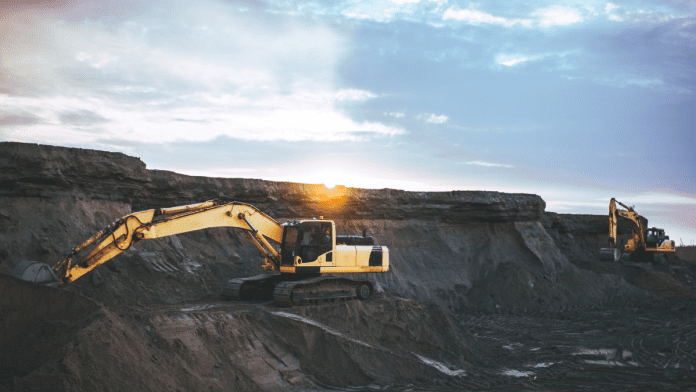🕒 Last updated on September 3, 2025
The competition for minerals required for clean energy is intensifying. Metals like copper, lithium, nickel, and cobalt are critical for making electric vehicles, batteries, and solar panels. However, a recent analysis reveals that the banks and investors financing mining operations are not doing enough to safeguard communities, the environment, and people.
Thirty major financial companies’ policies were analyzed by a consortium of advocacy groups and academic organizations. They found weak safeguards and large policy gaps when it comes to social and environmental risks linked to mining. Despite the importance of these materials for the energy transition, many financiers are not requiring mining companies to follow basic standards.
Gaps in financial safeguards
The assessment revealed that on average, financiers scored only 22% when measured against international best practice. A score of 50% is considered a basic safeguard, while 100% represents the highest standards. Deforestation, waste management, water preservation, human rights, and equitable compensation for supply chain workers were among the topics covered in the report.
Just 13% of banks and investors have explicit mining-related zero-deforestation policies. Some banks had such rules but excluded mining altogether. Policies requiring mining businesses to address the significant hazards of storing hazardous mining waste were absent from all of the financial institutions under investigation.
The analysis highlighted how poor oversight can lead to disasters. In one case, a waste dam linked to a mining operation collapsed in Zambia, unleashing one of the country’s worst environmental crises. Billions of dollars in compensation are now being demanded by rural areas.
The review also noted that most financiers do not ask mining companies to prepare climate transition plans in line with limiting global warming to 1.5°C. With mining often taking place in fragile ecosystems, the lack of climate and biodiversity safeguards raises serious concerns.
Weak protection for people and communities
The study also revealed weak policies around the protection of human rights. Nearly two-thirds of the institutions made general commitments to obtain Indigenous Peoples’ consent before a mining project. But none had policies that protect the rights of uncontacted tribes or those living in voluntary isolation.
This gap is critical because more than half of the world’s energy transition mineral reserves are located on or near Indigenous and peasant lands. Without stronger protections, communities face displacement, cultural loss, and exposure to environmental hazards.
Vietnam strengthens digital economy with law on cryptocurrencies and tokenised assets
Furthermore, 80% of the evaluated financial firms lacked policies to safeguard human rights and environmental advocates. Mining has been linked to high numbers of attacks on land and environmental activists. Nearly half of financiers also lacked rules requiring companies to repair or compensate for harm caused to local communities.
The review pointed out that only two institutions—both government pension funds from Europe—required mining companies to disclose tax payments and avoid aggressive tax strategies. Without transparency, resource-rich developing countries may struggle to benefit from their own mineral wealth.
Who is funding risky mining?
The assessment included major names in global finance. These included Santander, JP Morgan Chase, HSBC, BlackRock, BNP Paribas, and Bank of America. Some of the worst performers were large investment firms such as Vanguard in the United States and China’s CITIC. Both scored only 3%, showing almost no meaningful policies in place.
With a score of 48%, the Norwegian Government Pension Fund topped the list. While still below the basic safeguard score, it performed better than most. Overall, the results show a sector failing to align finance with social and environmental standards.
Only four financial institutions responded directly to the assessment. These included banks from Australia, Japan, and South Africa. Their feedback was included in the final report.
The analysis stressed that financial institutions can play a powerful role in setting standards for mining companies. By attaching stronger environmental, social, and governance requirements, they can push companies to reduce risks and respect communities. Yet for now, the findings show that banks and investors are far behind in addressing the dangers linked to mining for clean energy minerals.

